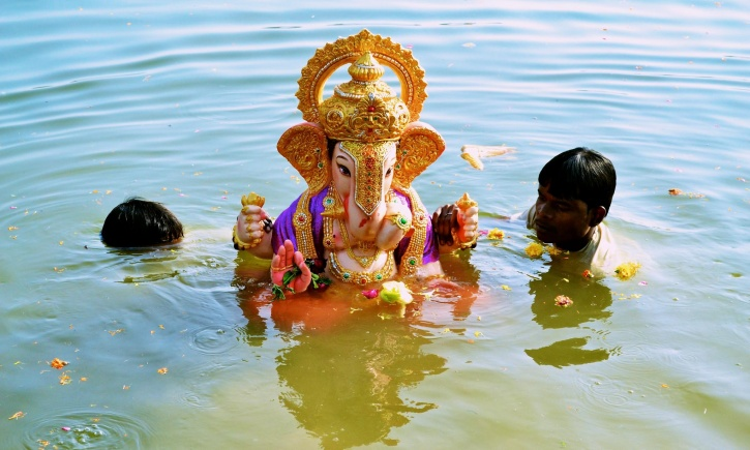Bombay High Court Dismisses Plea Challenging PoP Ban For Sculpting Idols
Sharmeen Hakim
27 Jun 2022 4:15 PM IST

Next Story
27 Jun 2022 4:15 PM IST
The Bombay High Court on Monday dismissed a PIL challenging the ban on use of Plaster of Paris (POP) for making Ganesh idols. PIL petitioner Ajay Vaishampayan, an activist, had claimed that PoP was banned without any scientific tests on its effect on water. And Shadu clay idols, used as an alternate option, were more harmful for the environment. However, a division bench of...
